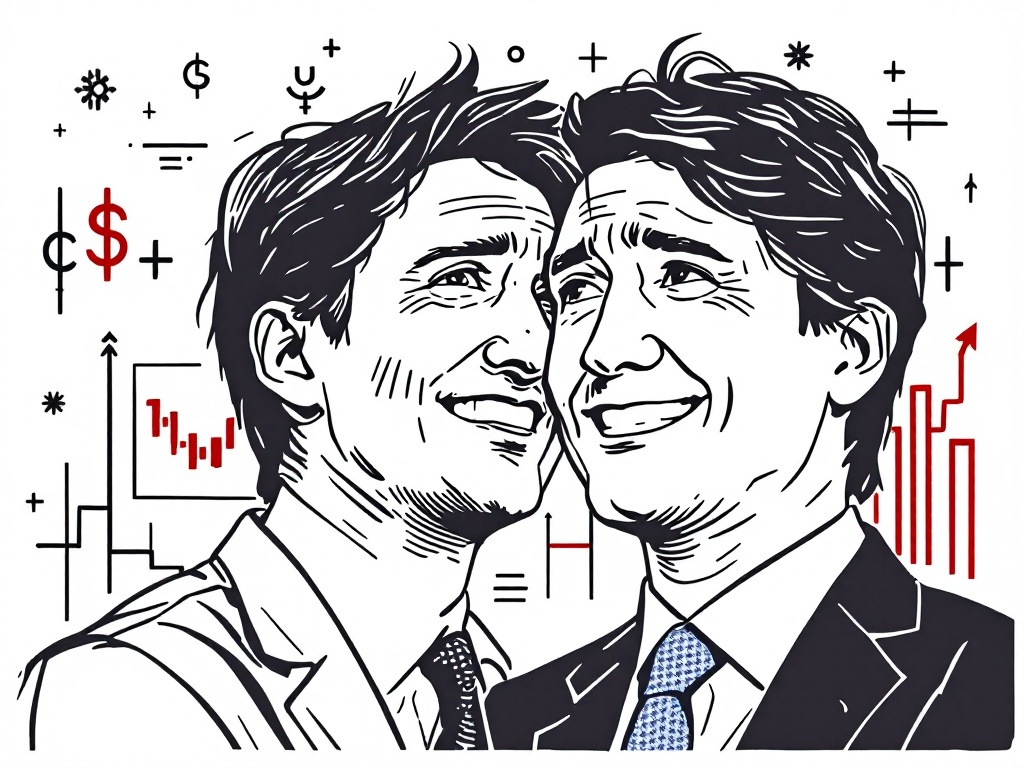Trudeau's Resignation Triggers Potential Shift in U.S.-Canada Relations

Ottawa, Monday, 6 January 2025.
Justin Trudeau’s resignation as Canada’s Prime Minister on January 5, 2025, may impact trade, immigration, and environmental policies, altering U.S.-Canada economic activities.
Immediate Political Implications
Justin Trudeau announced his intention to resign during a news conference outside Rideau Cottage [1][3], following mounting pressure from within his Liberal Party and declining public support [1]. The Prime Minister will remain in office until a successor is chosen, with Parliament prorogued until March 24, 2025 [1]. This decision comes after the significant blow of losing Deputy Prime Minister and Finance Minister Chrystia Freeland, who resigned in December 2024 criticizing Trudeau’s economic policies [3].
Economic Challenges and U.S. Relations
The timing of Trudeau’s resignation is particularly critical as Canada faces potential economic challenges from the incoming U.S. administration. Donald Trump, set to return to the White House on January 20, 2025, has already announced plans to impose a 25% tariff on Canadian products [3]. The resignation comes as Liberal Party support has plummeted to 16%, its lowest pre-election standing in over a century [4], while Conservative leader Pierre Poilievre’s party leads by over 20% in polls [3].
Internal Party Dynamics
The pressure for Trudeau’s departure intensified when nearly two dozen backbench Liberal MPs called for his resignation in October 2024 [4]. Regional caucuses from Atlantic Canada, Quebec, and Ontario have joined the chorus demanding change [8]. The Liberal Party now faces the challenge of selecting a new leader who can effectively address both domestic concerns and international relations, particularly with their largest trading partner [GPT].
Looking Ahead
While a general election is scheduled for October 20, 2025 [3], the political landscape remains uncertain. The Liberal Party must navigate this leadership transition while addressing pressing issues including economic challenges and bilateral relations with the United States. Ontario Premier Doug Ford has characterized the threatened U.S. tariffs as ‘the greatest threat to the Canadian economy’ [7], highlighting the critical nature of maintaining stable U.S.-Canada relations during this period of transition.